Community Action Research: African and Caribbean collections
About the project
Most of the African and Caribbean objects in our collection are not on display.
In the past, it has been difficult for community members to access these collections but this is changing. Researchers have told us that they experience barriers to investigations into collections: time, money and training, to name a few.
Through this project, he Horniman is trying to find ways to:
- make it easier for community members to engage with these collections
- better understand these collections from multiple perspectives
- value lived experience as an important source of knowledge
- make informed decisions about what actions need to be taken in the future care of these collections.
We invited two cohorts of African and Caribbean community members in the UK to carry out online research on objects in the collections and respond to them in some way. This could be in writing, an audio or video piece, or anything else researchers would like to do, as long as it can be shared digitally.
The responses have been shared on our website and social channels, become part of the Horniman’s permanent collections archive, linked to the digital records of the objects and available to future curators and researchers.
The Community Action Research project took place online in response to the challenges posed by Covid-19.
The project works towards removing the barriers to access identified by community members including expenses and training.
As we received a huge amount of interest in the project, and developed a training program that will have a part open to the public so others can participate.
There will be 15 recorded digital sessions which will form a publically available resource for researchers as part of a follow on project to create a research hub, which aims to maintain access for African and Caribbean Community members in the future.
Results from the Community Action Research pilot
During the pilot phase of the Community Action Research project, seven community researchers undertook research projects which responded to questions raised by the collections at the Horniman.
Read about the lack of African leaders present in our collections, written by Researcher Ana Epalanga, or view the Afrikan-Caribbean masquerade learning resource created by Researcher Scherin Barlow Massay with the Horniman Learning Team.
Phase two
Phase two of the project was launched 24 February 2021 with an online open day event.
African and Caribbean community members from London and beyond were invited to the open day to engage with the online collections at the Horniman. This event was well attended – with around 30 African and Caribbean community members present – which generated stimulating discussions relating to objects in the collections.
Those unable to attend the event were provided with relevant materials and support for them to engage with the online collections in their own time.
Application and Selection Process
Following the open day, all those who expressed an interest to participate in the project were invited to apply for one of the six Community Action Researcher positions.
Applicants were asked to write a short proposal of around 100-200 words which reflected on their engagements with the collections online, along with a proposed research idea that relates to the African and Caribbean collections at the Horniman.
All applications were selected using the following criteria:
- availability to take part in training sessions;
- willingness to participate in the development of a community research hub of information;
- clarity of the research proposal, which demonstrated clear questions, and interests that relate to the collections at the Horniman;
- adequacy of the research proposal and the Horniman’s capacity to support the proposed research ideas; and
- the successful six applications reflected research projects with a balance of themes, questions, and geographic areas.
Training
The training took place between 17 March and 14 July 2021.
The training sessions provided to the Community Action Researchers included:
- A subject specialist training lecture (which will also be open to the public, via a enewsletter)
- A Community Action Researcher only workshop with subject specialists
- One-to-one project sessions with JC Niala, (Acting Keeper of Anthropology and African Collections Researcher).
Training sessions will be delivered by invited subject specialists, with a range of expertise, including museum and heritage, artistic, and academic backgrounds.
Meet some of our Community Action Researchers
Chinelo L Njaka
Chinelo L Njaka, PhD (she/her/hers) is a sociologist based in Peckham, London. She is Igbo (Nigerian)-US American, as well as now also a British citizen, having lived in England for nearly sixteen years.
Despite growing up in the United States and living in the United Kingdom for most of her adulthood, Dr. Njaka has always had a strong acknowledgment of Igboland and Nigeria in her sense of personal identity. However, she has always simultaneously felt a sense of disconnect and, at times alienation, from her Igbo and Nigerian cultures—in part because she never lived there and speaks only very little Igbo.
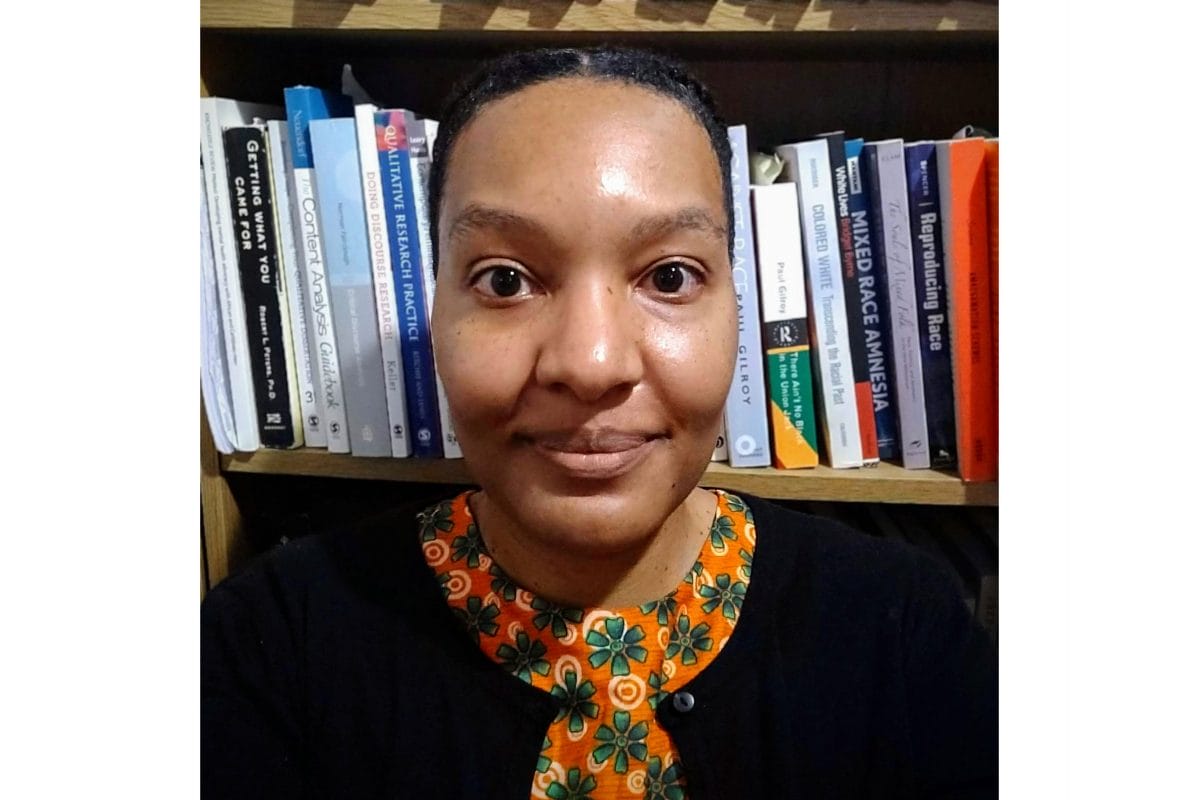
Dr. Njaka has had a deep interest in fibre and textile arts/crafts from a young age. Her early exposure and experiences with sewing, knitting, and other needlecraft, in particular, were largely with (White) European and North American practices and makers. It was only into adulthood, around her first adult trip to Nigeria, where she began to connect her interest in craft with her desire to connect with Igbo and Nigerian cultures.
Considering her interests in fibre and textile arts/crafts and Nigerian cultures, Dr. Njaka is excited to be participating in the Community Action Research Project. Her research will focus on further examination of Igbo and Nigerian fibre and textile objects (woven and knitted materials), the makers behind them, their place in Igbo and Nigerian cultures, the interest and importance of the items by collectors, and the connections between these areas of interest.
Her aims are to understand what objects are present in the Horniman Collection, unveil the stories behind the objects and their makers, and contextualise their importance within Igbo and Nigerian cultures. Further, with a decolonial lens, her research will also seek to understand and interrogate the legacy of colonialism through examining the role of the collectors, the labelling of the objects, and their accuracy in describing or representing Igbo and Nigerian people and cultures.
Sherry Davis
Sherry Davis is a musician and filmmaker with a strong interest in African culture and history. Her research on her grandfather Karisa Ndurya who was one of the first Africans to excavate ancient monuments in East Africa inspired her to develop a documentary and album soundtrack about his work, the erasure of African history and its impact on black identity.
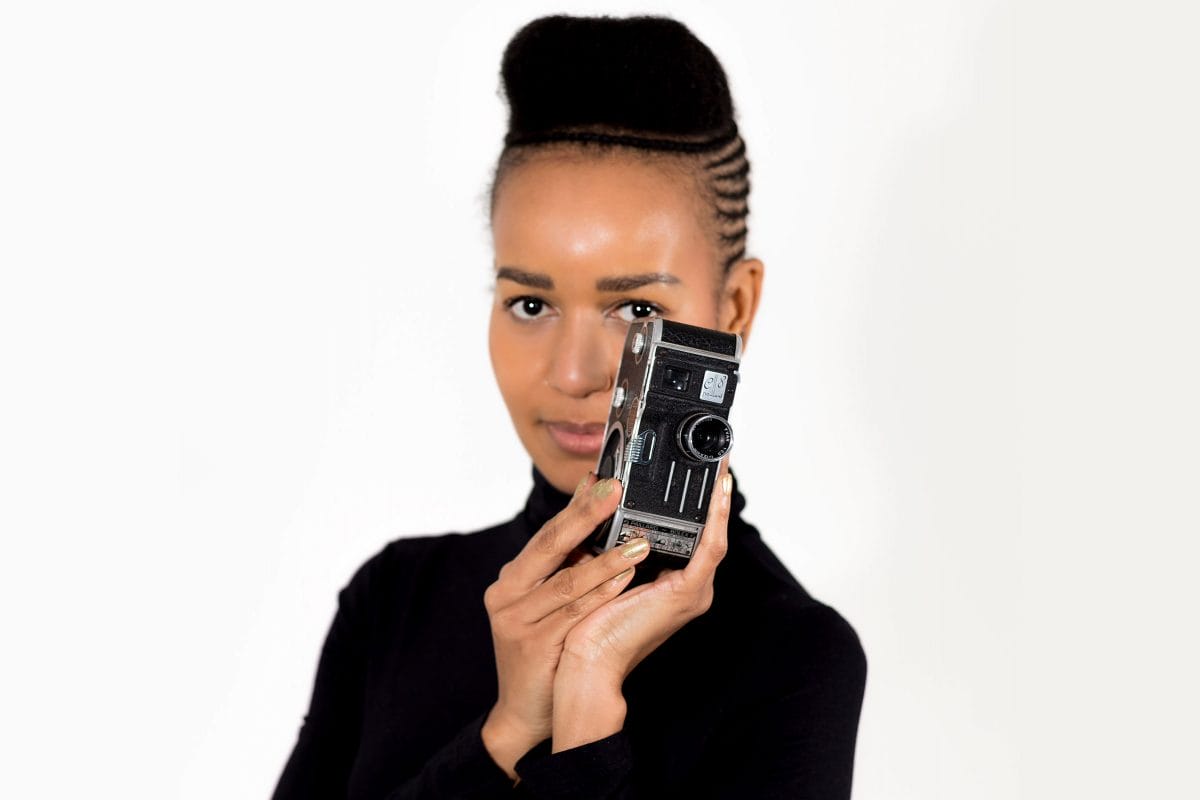
“I jumped at the chance to join the CAR project due to the sheer wealth of Kenyan artefacts at the Horniman and the space that the museum has created to engage with locals from the African Caribbean Community. As a born and raised South-Londoner with fond childhood memories of the Horniman, I’m eager to explore the African collections and present my findings through music and film.”
Andrèa Ferdinand
Andrèa is a multi-disciplined wellness practitioner and licensed social worker.
She is committed to helping individuals and communities recover from systemic harm and process trauma by drawing from healing, social, and restorative justice frameworks.
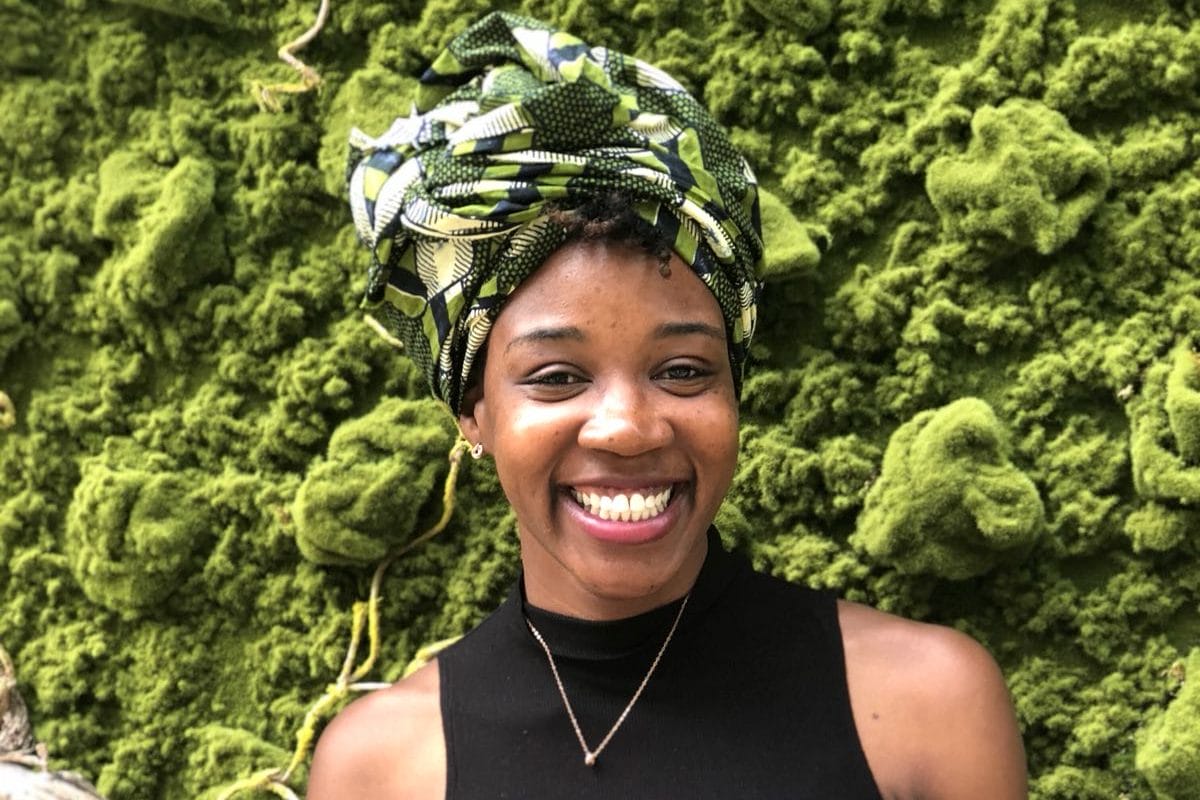
Within her work, she strives to understand the intersections of food, wellness, and social justice, particularly their relationship to ancestral knowledge and practices. Her practice entails working with healing modalities that connect to four components of life – movement, energy, sound, and soil.
She is interested in researching the instruments archived in the Horniman collection from Haiti. She selected Haiti as it is a country with a rich history that is overshadowed by years of poverty and natural disasters. She aims to explore other intended uses for the instruments in the hope to broaden the perspective of Haiti.
How were the instruments created and are the element(s) they are made from still accessible today considering the degradation of the soil? What was their intended purpose and has there been any evolution or reclaiming of this?
What are the instruments’ relationship with nature, care, and liberation? What is the link between time and migration? What is its story beyond an instrument from Haiti?
Bernard Musesengwe
Bernard holds a 1st class B.A. (Hons) degree in Archaeology from Midlands State University in Zimbabwe and an MA in Heritage Studies from Newcastle University.
He previously worked as an Archaeologist and Monuments Inspector at the National Museums & Monuments of Zimbabwe, covering the country’s western region.
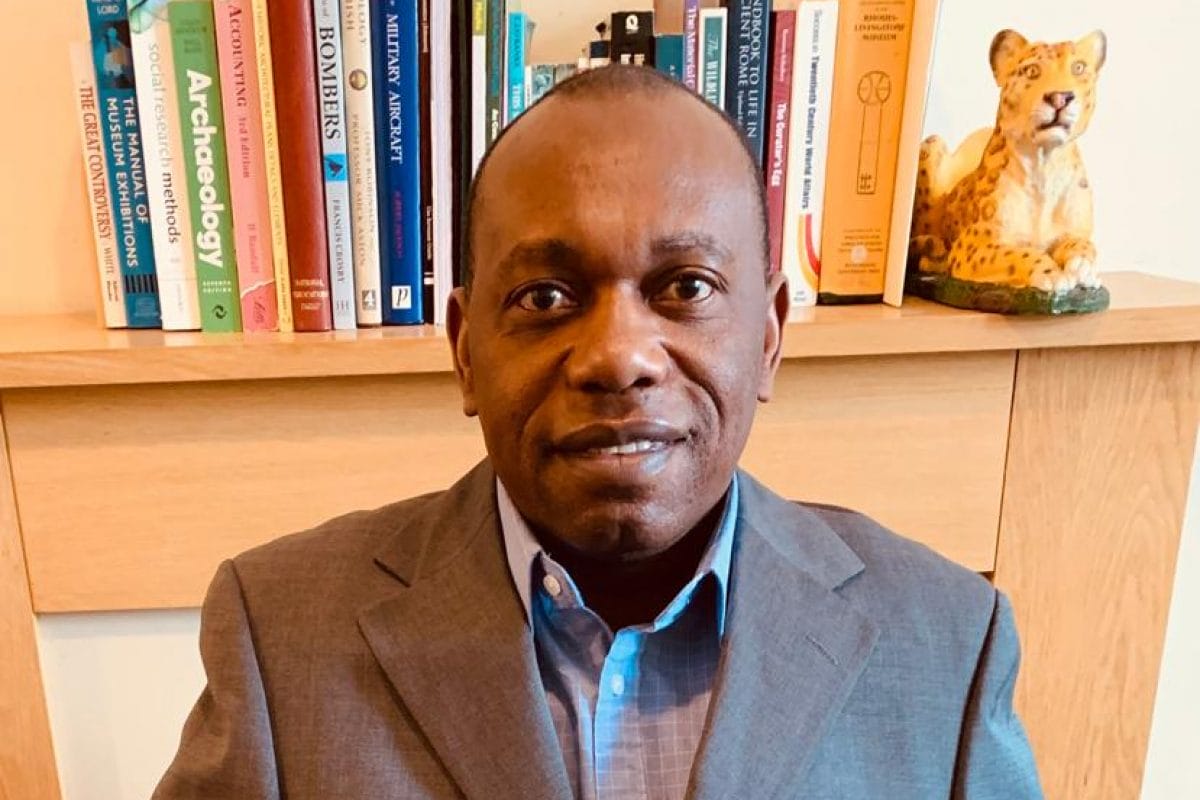
Since 2013 he has volunteered and worked in various museum and heritage organisations in north east England. Bernard has been actively involved in processes of cataloguing and researching material culture as well as presenting gallery talks. He is passionate about museums and heritage and has a particular interest in anthropological artefacts from the Southern African region.
As a Community Action Researcher, Bernard will be focusing on the lamellophone, a musical instrument of great antiquity in Africa. Using the notion that language is a carrier of culture, Bernard will explore the source communities’ indigenous terminologies relating to the lamellophone for their potential to yield information regarding various aspects of the instrument.
Such information might include meanings, function, production material, playing techniques, context of use, association and significances of the instrument. He is looking forward to raising the profile of this important instrument and its significance in African culture.
Revd Nick Mwandia
Nick Mwandia is an Anglican minister currently serving in a Church of England parish. Out of his Kenyan heritage has an interest in objects and documents related to various practices in African traditions and religions.
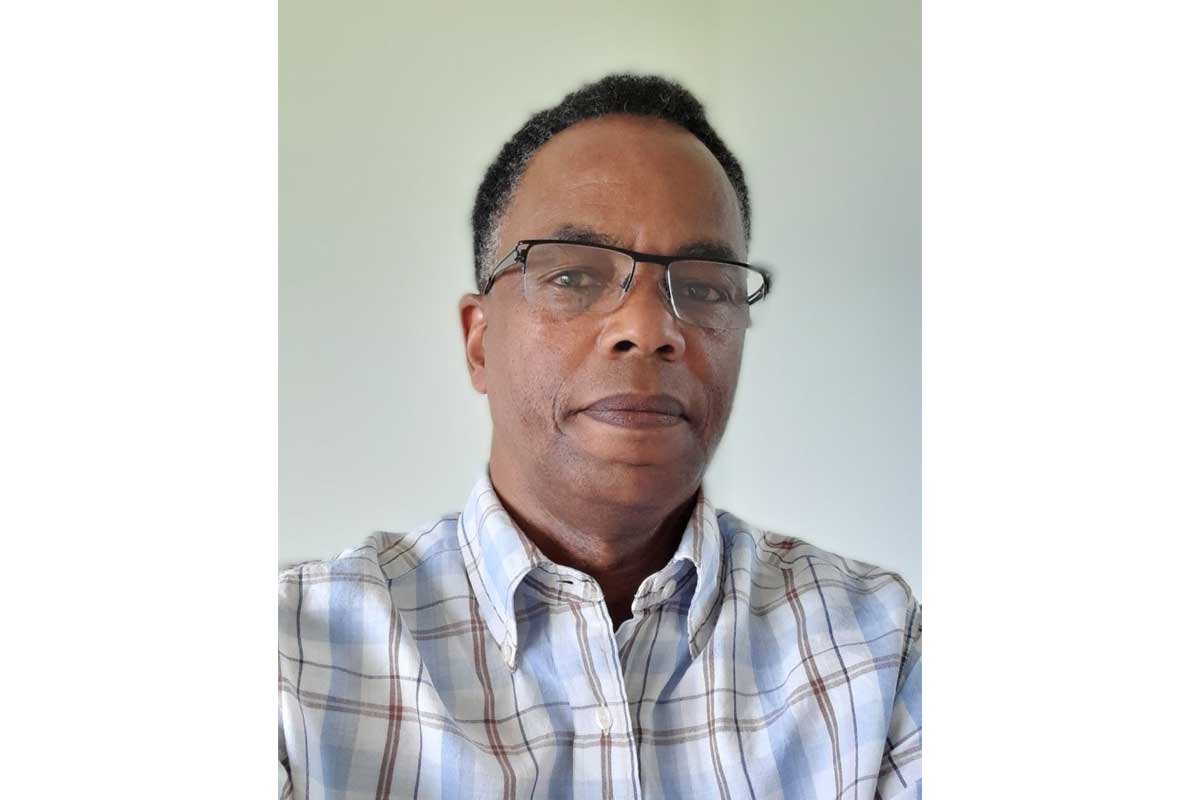
In this connection he has in the past done anthropological research including work contributing towards an MPhil degree in Systematic Theology. His exploration of the adoption of culture for contextual theology in Africa centred on the theme of the ancestor, a common element of culture found in traditional African ethnic communities.
Nick says, ‘The Community Action Research Project offers for me a great opportunity to investigate specific objects in the Horniman collections related to ancestral traditions in Kenya and more generally in Africa. This is with a view to drawing out answers to questions that modern day visitors would have when encountering such objects. The outputs of the research will be geared toward revealing elements and ideas of everyday life and faith that are embodied by them for individuals and social communities.’
‘There are some surprisingly familiar parallels between aspects of present day technological interactions and such objects as engaged with by their users in native traditions. The aim is to present the objects through a relatable analogy. This will make more visible the similarity or likeness of their function to examples in our modern age communities. It will also show their usefulness in helping us to see a different perspective of some modern media interactions and behaviour.’